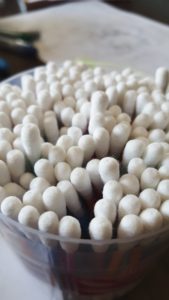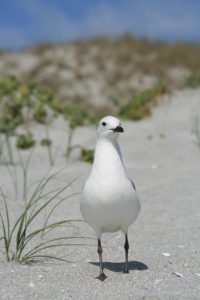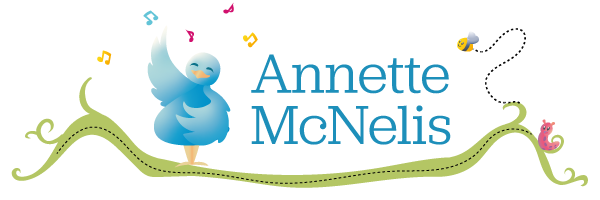Cut the plastic, save the whales
If you’ve been watching the BBC’s wonderful series The Blue Planet II, you’ve no doubt been shocked to see what plastics in our ocean can do to marine life. In this clip, a female pilot whale clings to her dead calf for days, reluctant to let it go. Chemicals released while plastics break down can combine with industrial chemicals in the bodies of sea creatures. The calf may have been poisoned by contaminated milk from its mother. Other creatures can choke on pieces of plastic which they mistake for food and plastic is appearing in fish we catch for consumption.
What can we do to make a difference? How can we change our habits in a positive way?
Read on for some tips.
Use less plastic
 Plastic is part of our everyday lives now which makes it very hard to avoid using it completely. However, there are ways to reduce your usage by making small changes. Can you think of any more? Let us know in the comments!
Plastic is part of our everyday lives now which makes it very hard to avoid using it completely. However, there are ways to reduce your usage by making small changes. Can you think of any more? Let us know in the comments!
- Say no to single use cutlery by planning ahead and bringing your own metal cutlery where possible.
- Buy cotton buds with cardboard stems, not plastic ones.
- Buy your ketchup and other condiments in glass bottles, not squeezy tubes.
- Use a reusable coffee cup- just think how many of those lids are thrown away every day!
- Stop using straws. If you’re a huge fan, you can get stainless steel ones for home use.
- Use a lunchbox instead of plastic wrap- you can reuse this multiple times and still keeps things fresh.
Boycott Balloon and Lantern Releases
As pretty as they look, balloon and lantern releases are hugely damaging for the environment. Even when the items released are biodegradable, they can still take years to break down. Before that happens, wildlife of all sorts are at risk of accidentally eating bits of plastic or other materials when they come back down to earth. On top of that, the litter that results is also a visual disaster. If you see an event organised, reach out to the organisers to encourage them to rethink their plan. Balloon launches can be done indoors, or changed to ‘tethered’ releases, when the balloons are only released to a certain height and remain attached to the ground. Fun can still be had while ensuring no damage is done to the environment.
Do a #2minutebeachclean
 Aside from watching The Blue Planet II, you’re most likely to become aware of how much rubbish is in the sea during a walk on the beach. If you’re lucky enough to live near one, the odds are high that you’ll often have seen rubbish on the beach and along the shoreline. Not only is it unsightly and potentially dangerous to adults and pets, it’s also highly dangerous to sea life. The #2minutebeachclean campaign aims to encourage people to spend just two minutes lifting rubbish on their local beach and then disposing of it responsibly. Anyone can take part but there is also a growing network of boards on beaches around Ireland and the UK which supply pickers and bags. Check out the map here to see if your local beach has one: https://beachclean.net/boardsmap
Aside from watching The Blue Planet II, you’re most likely to become aware of how much rubbish is in the sea during a walk on the beach. If you’re lucky enough to live near one, the odds are high that you’ll often have seen rubbish on the beach and along the shoreline. Not only is it unsightly and potentially dangerous to adults and pets, it’s also highly dangerous to sea life. The #2minutebeachclean campaign aims to encourage people to spend just two minutes lifting rubbish on their local beach and then disposing of it responsibly. Anyone can take part but there is also a growing network of boards on beaches around Ireland and the UK which supply pickers and bags. Check out the map here to see if your local beach has one: https://beachclean.net/boardsmap
